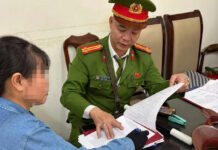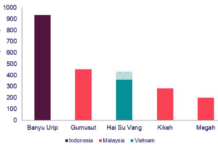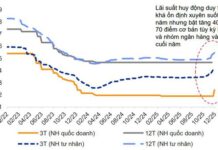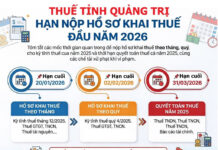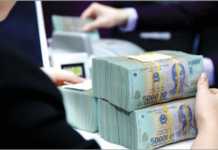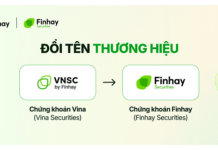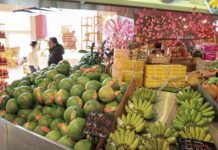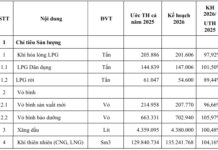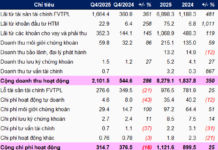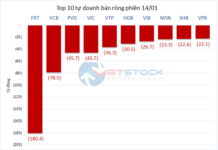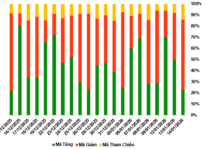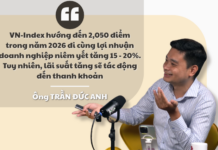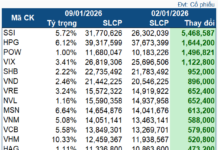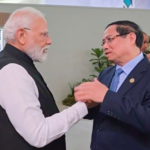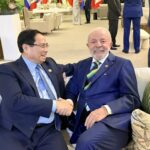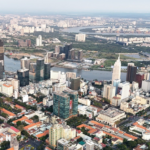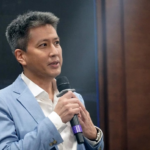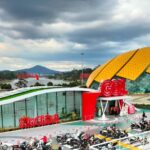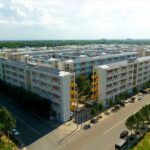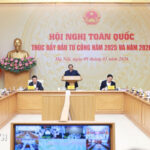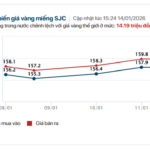Vietnam has achieved the highest score on UOB’s newly launched ASEAN Consumer Sentiment Index (the Index), with 67 points—significantly surpassing the regional average of 54 and marking a three-point increase from last year. This reflects Vietnamese consumers’ robust confidence in both the national economy and their personal financial prospects.
The UOB ASEAN Consumer Sentiment Index is built on six component indices that measure consumer perceptions of current and future economic conditions, as well as personal financial situations. On the macroeconomic front, over 8 in 10 Vietnamese survey participants expressed optimism about the country’s overall economic situation, with the component index in this area rising by 12 percentage points compared to 2024. This sentiment is bolstered by impressive macroeconomic results in the first half of 2025, including a 7.52% year-on-year GDP growth—the highest first-half growth since 2011.
Vietnamese consumers exhibit greater confidence than their regional counterparts in the country’s political, economic, and social stability. This optimism persists despite global uncertainties, including U.S. tariff policies announced on April 2, 2025. Stable commodity prices and consistent foreign direct investment (FDI) inflows have further solidified positive outlooks. UOB’s latest economic forecast, released last month, revised Vietnam’s full-year GDP growth projection upward to 7.7%, from 7.5%, following a remarkable Q3 performance of 8.23%.
Confidence in the macroeconomic environment has translated into optimism about personal finances among Vietnamese consumers. Over 70% of survey respondents expect their financial situations to improve in the coming year. Concerns about rising living costs have decreased compared to last year, dropping by three percentage points to 50%, with a significant 12-point decline among Gen Z. However, Vietnamese consumers remain focused on income stability and long-term financial commitments, particularly within the Gen Y demographic.
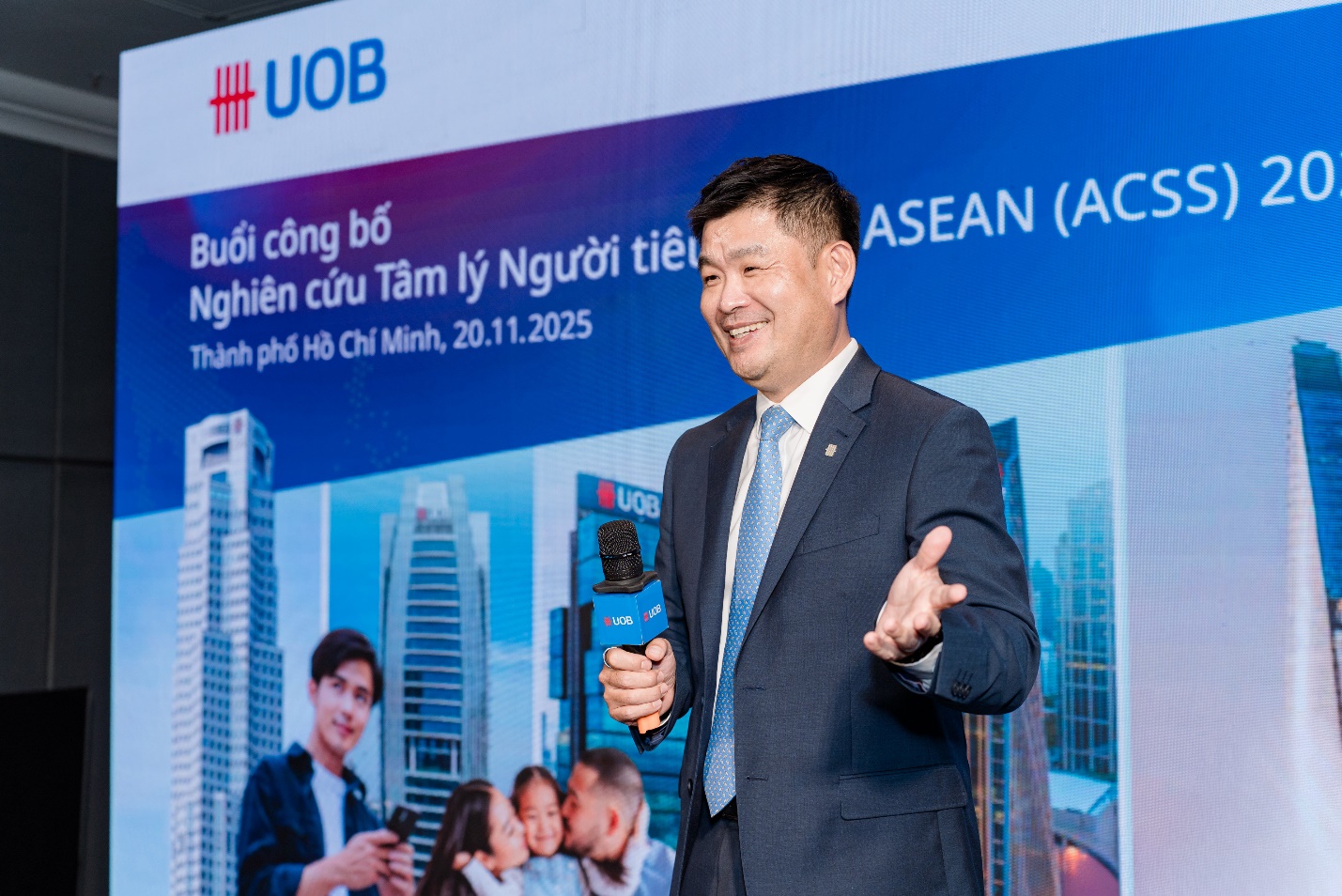
Paul Kim, Managing Director of Personal Financial Services at UOB Vietnam, commented: “We are delighted to see Vietnamese consumer sentiment remain resilient, reflecting growing optimism about both the macroeconomic environment and personal finances. Despite global challenges, Vietnam has demonstrated strong fundamentals and effective policy direction. This momentum is driving consumer spending and increased interest in financial planning. UOB is committed to supporting Vietnamese consumers through this transition with innovative financial solutions and unique experiences that meet their evolving aspirations.”
Vietnamese Consumers Shift Focus to Environmental Concerns and Experience-Driven Spending
As inflation concerns ease, Vietnamese consumers are increasingly focusing on broader issues such as environmental sustainability. The study reveals that climate change, natural disasters, and pollution are top concerns for 66% of respondents, surpassing economic factors like U.S. tariffs (59%). This shift has influenced purchasing behavior, with one in three Vietnamese consumers willing to pay more for eco-friendly products—11 percentage points above the regional average.
Alongside environmental awareness, financial confidence is driving increased spending in key areas in 2025. The ACSS shows that 67% of Vietnamese consumers report higher spending on education, healthcare, and wellness, compared to 53% on daily essentials like utilities, transportation, and food. Over half also report increased spending on premium and experiential categories, reflecting a growing desire for lifestyle upgrades. Eight in ten consumers consider experiences like entertainment events, fine dining, and luxury travel essential to their lives.
Aligning with ACSS findings, UOB customers in Vietnam have indeed increased spending on experiential categories. Total card spending on dining, entertainment, and travel in Vietnam rose by 8% year-on-year, with entertainment spending up 48% and travel up 8%.
To cater to consumers’ diversifying preferences, UOB Vietnam is enhancing its retail banking portfolio to deliver exceptional value and unique lifestyle experiences. Recently, the bank refreshed its credit card offerings with features and benefits tailored to modern consumer needs. Through strategic partnerships with leading regional and local brands, UOB cardholders enjoy exclusive privileges in travel, dining, shopping, and entertainment—with over 1,000 regional offers. These include early access to global entertainment events, exclusive dining deals, attractive travel discounts, and unique nature experiences like exploring Son Doong Cave, one of the world’s most spectacular natural wonders.
Most Vietnamese Consumers Show Strong Financial Preparedness, but Gen Z Lags Significantly
Vietnamese consumers continue to demonstrate strong financial preparedness, with 94% of survey respondents feeling confident in managing their personal finances. Key findings include:
86% believe they have sufficient emergency funds. 79% are confident in managing current debts. 82% feel adequately insured. 76% believe their investments support long-term goals and retirement plans.
Savings habits remain stable, with eight in ten Vietnamese consumers saving over 10% of their monthly income, particularly among women. 57% have accumulated enough savings to cover three to six months of expenses.
Private health insurance ownership is common, with 44% of Vietnamese consumers holding private health insurance in addition to state-provided coverage. However, life insurance ownership has declined by 14 percentage points from last year and is now below the regional average. Interest in specialized insurance products like term life and disability insurance is rising, with participation increasing by 9 and 16 percentage points, respectively.
Investment behavior shows growing disparities. While many Vietnamese consumers actively seek financial knowledge, fewer translate this into action. Only 57% invest more than 10% of their annual income, a 13-point drop from last year. Fixed deposits remain the most popular investment, chosen by 93% of respondents, indicating increased risk aversion.
Among consumer groups, Gen Z stands out as the least financially prepared. The study shows that 5% of Gen Z have no emergency funds or insurance, and fewer than half (47%) have savings to cover more than three months of expenses. Only 33% hold private health insurance, and life insurance ownership is lowest in this group at 43%. Notably, 13% feel completely unprepared to manage current debts.
This financial preparedness gap is linked to Gen Z’s lifestyle-focused spending behavior. The study finds that 77% of Vietnamese Gen Z respondents prioritize enjoying life now over worrying about the future, and the same percentage feel that social pressure and peer expectations make saving difficult—the highest rate across all age groups.
While Gen Z values living in the moment, they can still enjoy life while building a strong financial foundation for the future. UOB is committed to supporting customers at every life stage by providing comprehensive savings, investment, and financial protection solutions to enhance financial preparedness.
Paul Kim added: “The insights from ACSS provide valuable opportunities for UOB to better serve our customers as their needs evolve. By understanding consumer behavior across segments, we can deliver tailored solutions that help them achieve their life goals. Whether it’s helping young people strengthen their financial preparedness or supporting families and retirees in protecting and growing their wealth, UOB remains a trusted partner throughout our customers’ financial journeys.”
Prime Minister Meets G20 Leaders: Advancing Economic, Trade, and Agricultural Cooperation
On the sidelines of the G20 Summit in South Africa, Prime Minister Pham Minh Chinh held a series of meetings with leaders of various countries and international organizations. These engagements aimed to foster economic, trade, and agricultural cooperation, while also mobilizing resources for development in the new phase.
Preparing Infrastructure and Workforce for the Operation of the International Financial Center
In the designated areas for the International Financial Center, the city is accelerating the completion of its transportation and connectivity infrastructure, preparing the groundwork, and investing in high-speed internet networks.



